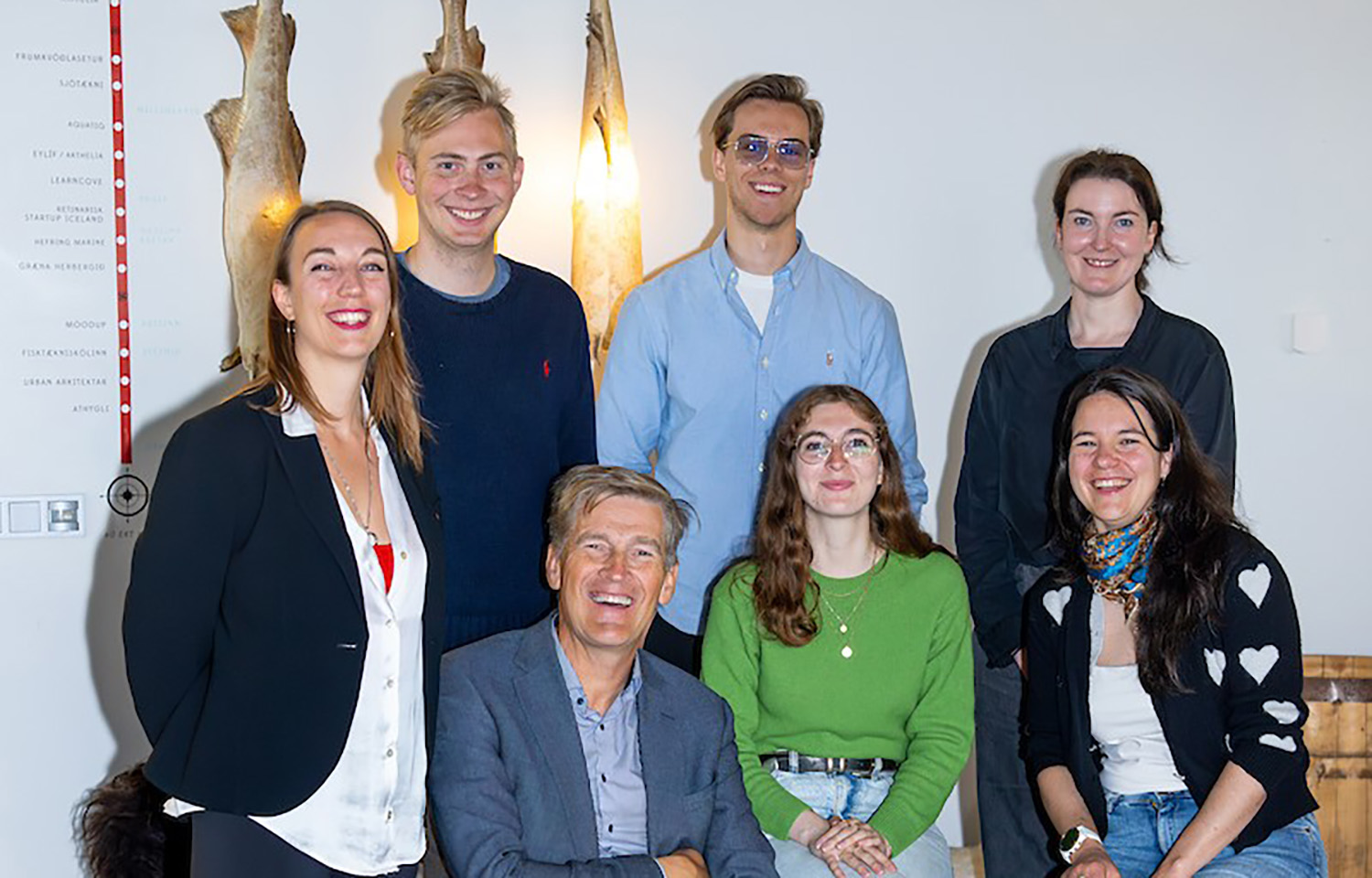“100% Fish” – a movement which champions the full utilization of fisheries and aquaculture products – is experiencing rapid expansion and garnering attention from both inside and outside the seafood sector, according to Alexandra Leeper, the CEO of the Iceland Ocean Cluster (IOC).
The IOC was established in 2011 with the aim of strengthening relations between various parts of Iceland’s seafood industry. The cluster’s work started with traditional fishing and processing ventures but quickly began to incorporate newer sectors and startups.
After courting a wide swathe of the Icelandic seafood industry, full utilization of raw materials became the main emphasis of the IOC. These raw materials include heads, skins, bones, guts, cut-offs, and more, which according to Leeper, should not be thought of as waste but rather as valuable resources.
Leeper cited the example of Atlantic cod. When only considering the fillet, the seafood supply chain is only taking advantage of 45 percent of the fish, but with recent advancements in full utilization, the supply chain now often uses more than 90 percent of each fish to create a wide range of commercial products across sectors, including food, feed, cosmetics, nutraceuticals, textiles, and biomedical products. As a result, the average Atlantic cod has gone from having a value of around USD 12 (EUR 11) essentially just for the fillet to potentially being worth USD 5,000 (EUR 4,600), when all the different value chains are taken into account.
The IOC launched the 100% Fish movement in Iceland, and has since expanded it globally, resulting in large-scale economic and environmental benefits, according to Leeper.
“I've been with the cluster now for three and a half years, and even within that time frame, there's been a lot of long-term development and success stories to talk about," Leeper said. "We’ve really been focusing on international engagement and visibility, and now we're getting that kind of tidal momentum. There’s a big focus with many stakeholders saying, ‘We can't afford to be wasting anything.’ This conversation has become a lot more global. There's a lot of outreach happening, and a lot of people questioning if this is something they can do and asking where best to start.”
Specific breakthroughs in global markets include IOC collaboration with organizations like Great Lakes and Saint Lawrence Governors and Premiers (GSGP), a Chicago, Illinois U.S.A.-based organization that represents states in the Great Lakes region of the U.S. and the Canadian provinces of Ontario and Quebec. Ongoing for the past three years, the relationship first focused on Great Lakes whitefish, with the central aim of addressing commercial catch going to landfill. Alternative uses for more commercially important species have since been explored.
“We know what the biological characteristics are [of Great Lakes fish], but then it’s about what that means in terms of potential functions and how that matches with interesting products for the Great Lakes market – both on the Canadian and U.S. sides,” Leeper said. “That kicked off the thinking that this is a model that could be used or adapted to enable the 100% Fish function to be applied anywhere – not just in Iceland and not just with fish like Atlantic cod.”
With expansion in mind, a two-year project is also underway for 100% Fish models in Alaska, with specific goals including ...








